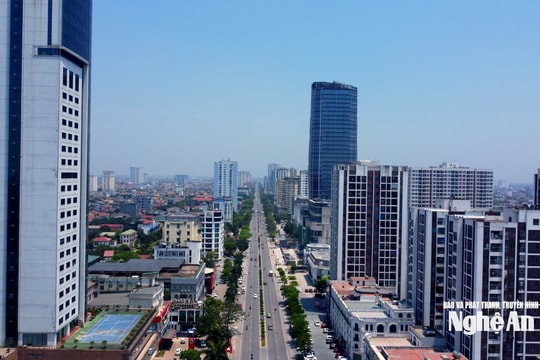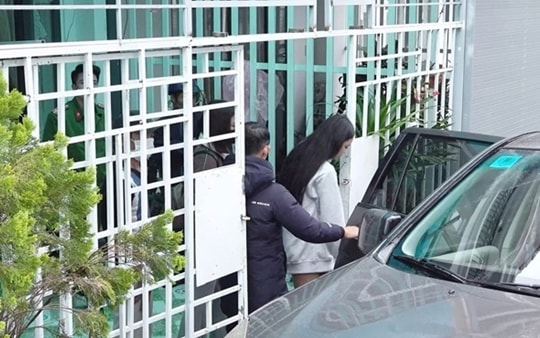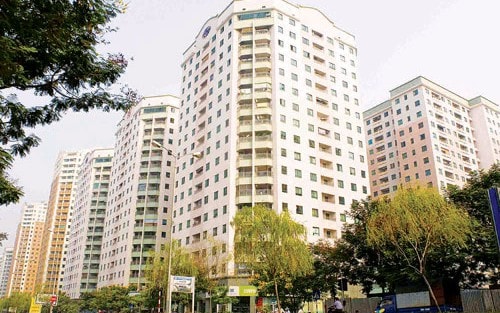Organ donor rights
This is a regulation in Circular 104/2017/TT-BTC issued by the Ministry of Finance on the management and use of funds to implement the regime for people who have donated human organs and bodies.
 |
| Illustration |
The Circular clearly stipulates the periodic health examination regime for people who donated body parts while alive. Accordingly, people who donated body parts while alive are entitled to periodic health examination regime including the following support contents: Exemption from periodic health examination costs according to medical professional guidelines prescribed by the Minister of Health according to the health examination service price for people who donated body parts issued by competent authorities.
People who donated body parts while alive are supported with room rental in case they live far from the medical examination and treatment facility and cannot return home during the day (excluding cases where people who donated body parts must be hospitalized for medical examination and treatment within the scope of health insurance payment): 450,000 VND/day/person, not exceeding 02 days. Supported with food expenses during actual days of periodic health examination, not exceeding 03 days/periodic examination: 200,000 VND/day.
At the same time, the travel expenses from home to the medical examination and treatment facility for periodic health check-ups and vice versa are supported according to the price of public transport. In case of using personal means of transport, the basis for determining the travel cost support level is the distance from home to the medical examination and treatment facility and vice versa, with a fuel consumption of 0.2 liters of gasoline/km and the local gasoline price where the transportation is carried out.
The person who donated human body parts will have the periodic health examination facility confirm the time of the periodic health examination as a basis for enjoying the regimes according to the provisions of the Labor Code, the Law on Social Insurance and guiding documents (if any).
A person who has donated a human organ when going for a routine health check-up must present a hospital discharge paper (which clearly states "donated an organ") or a document proving the donation of an organ and a document proving identity.
Funeral and burial regime
The Circular clearly states that in case relatives of a person who donates human organs after death or a body want to organize a funeral and bury the remains of the person who donates human organs after death or a body, they will be supported with funeral expenses equal to 10 months of basic salary. Relatives of a person who donates human organs after death or a body must present to the medical facility or the facility that receives and preserves the body of the donor documents proving that they are relatives of the person who donated human organs after death or a body to receive the funeral and burial allowance according to regulations.
In case the medical facility or the facility receiving and preserving the body of the donor organizes the funeral and burial, the actual costs incurred shall be paid, but not exceeding 10 months of basic salary.
According to chinhphu.vn
| RELATED NEWS |
|---|



.jpg)




